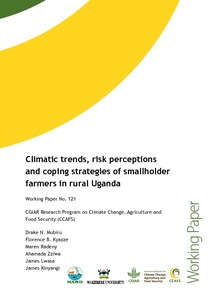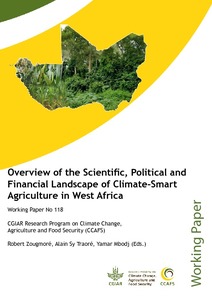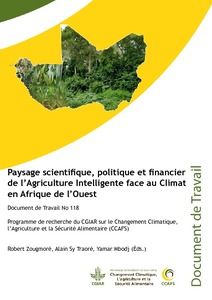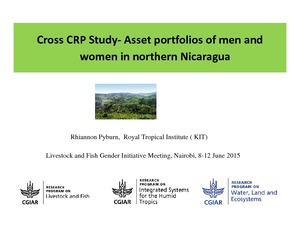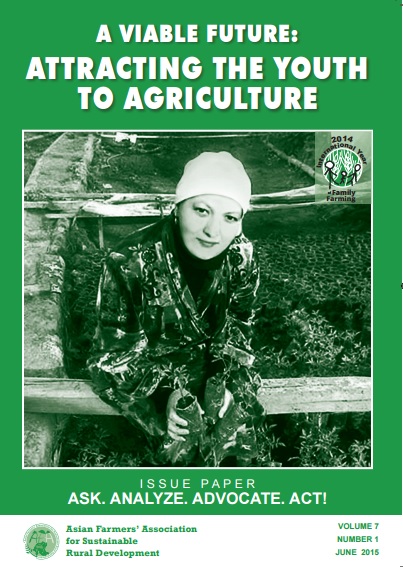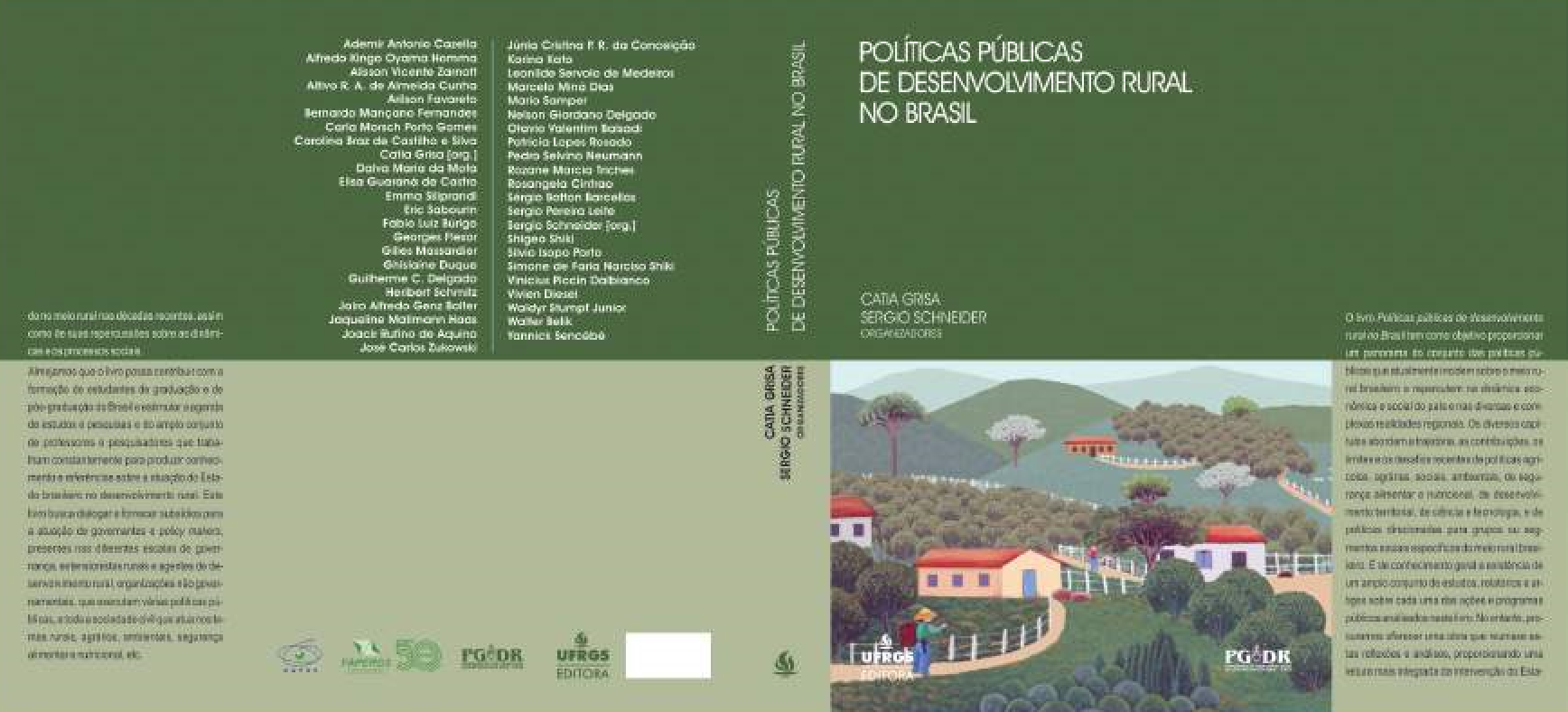Climatic trends, risk perceptions and coping strategies of smallholder farmers in rural Uganda
Smallholder farmers in Uganda face a wide range of agricultural production risks, with climate change and variability presenting new risks and vulnerabilities. Climate related risks such as prolonged dry seasons have become more frequent and intense with negative impacts on agricultural livelihoods and food security.

